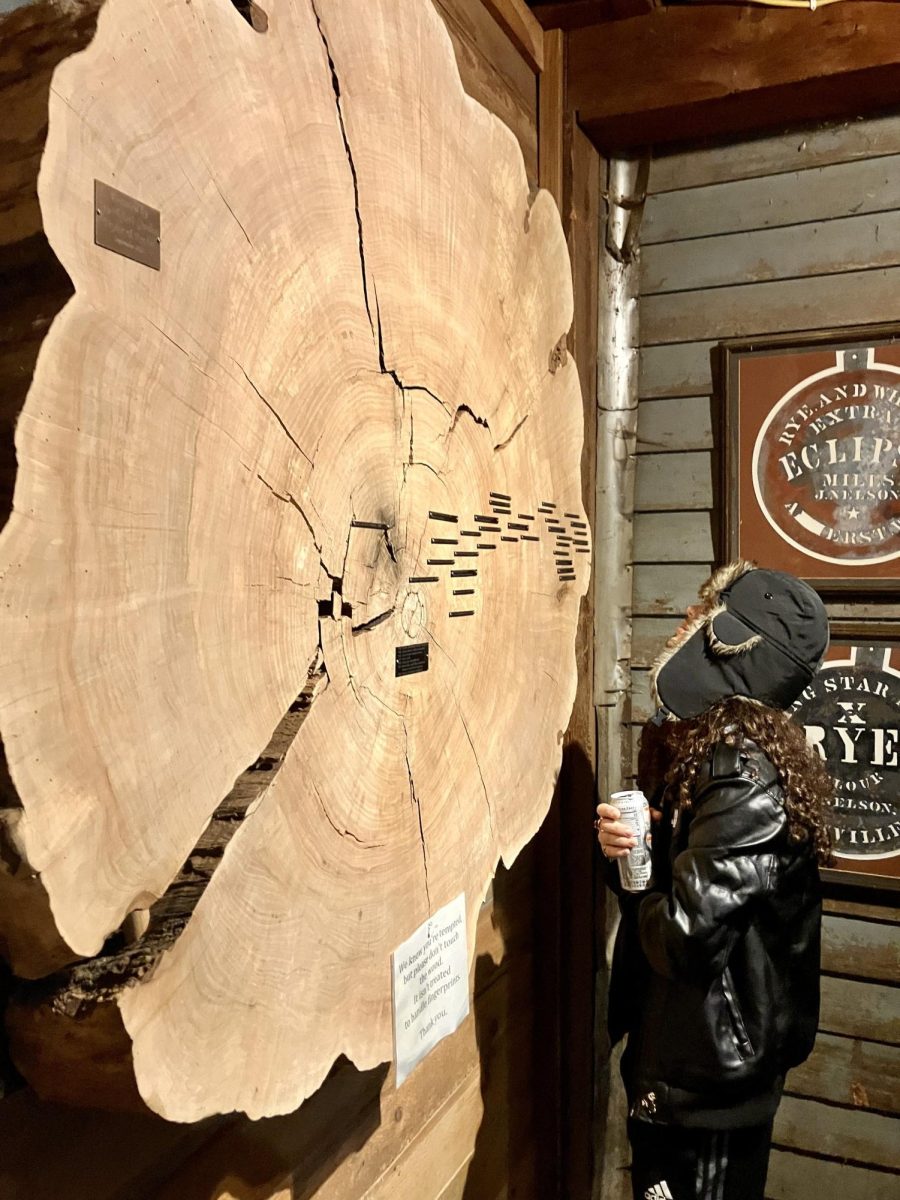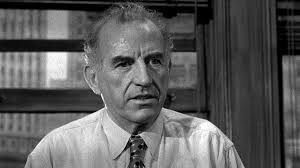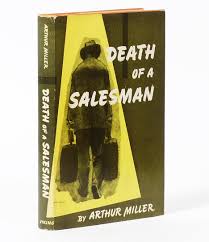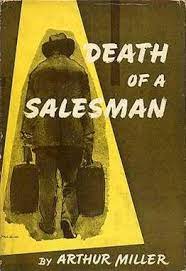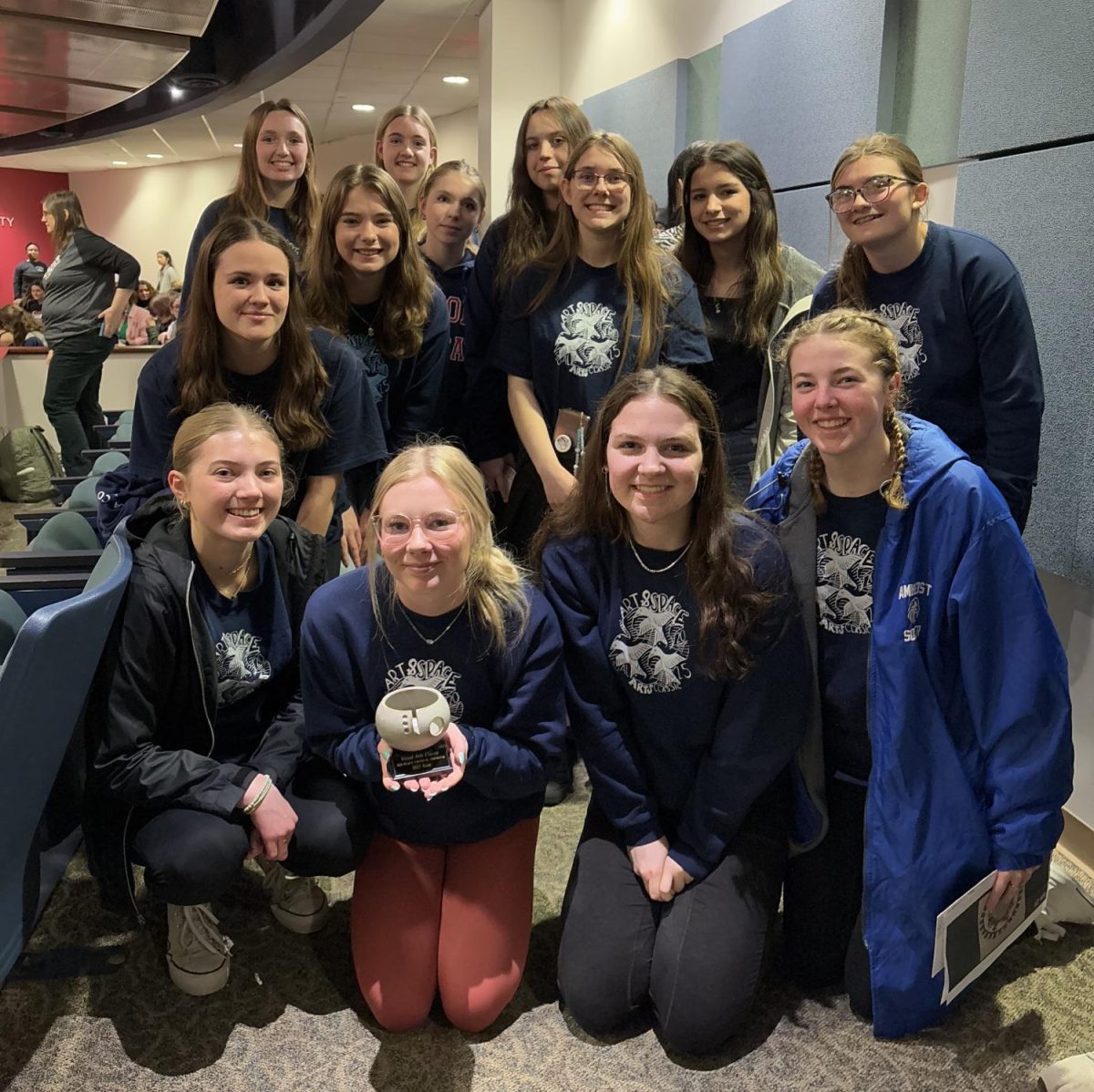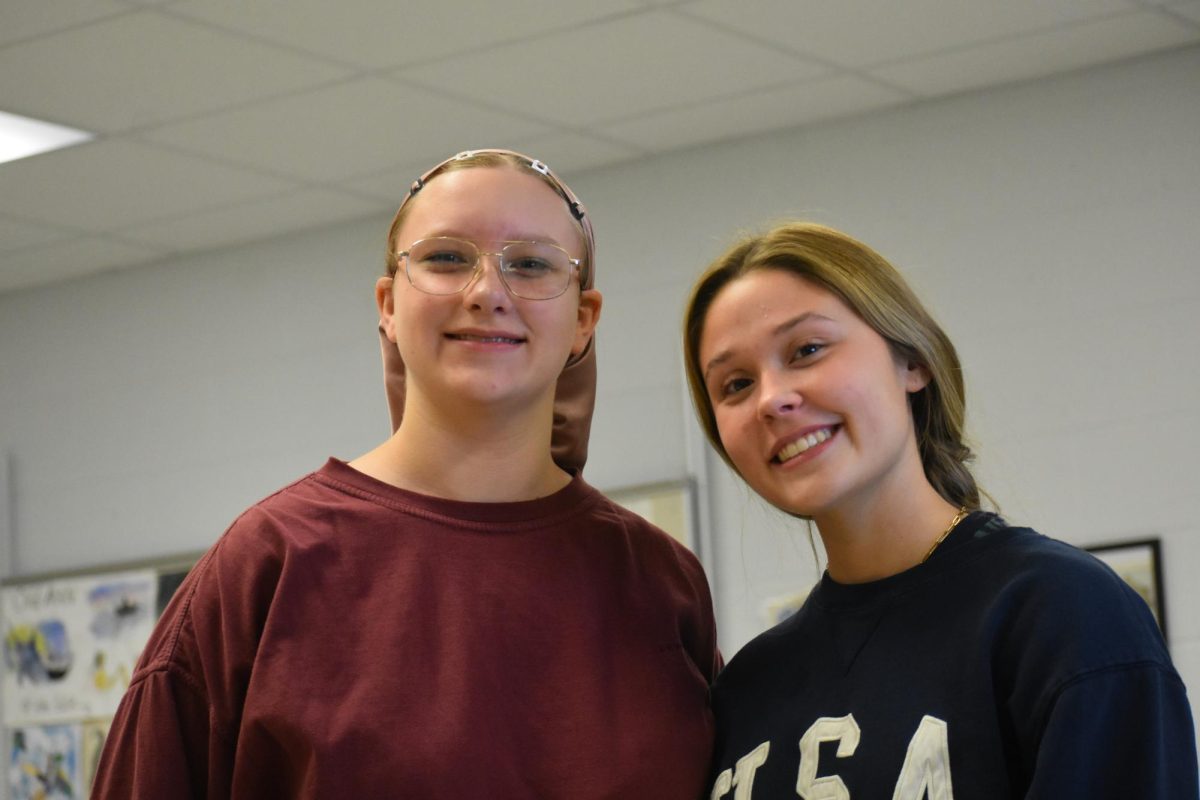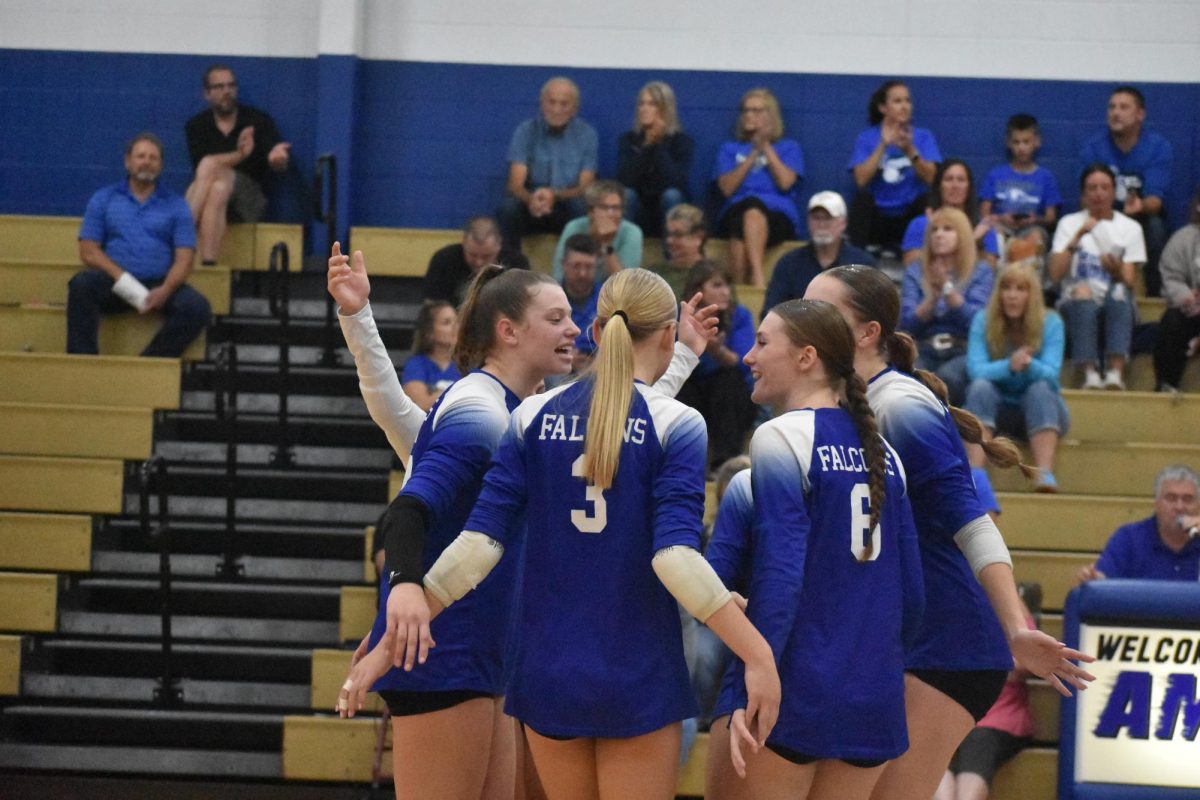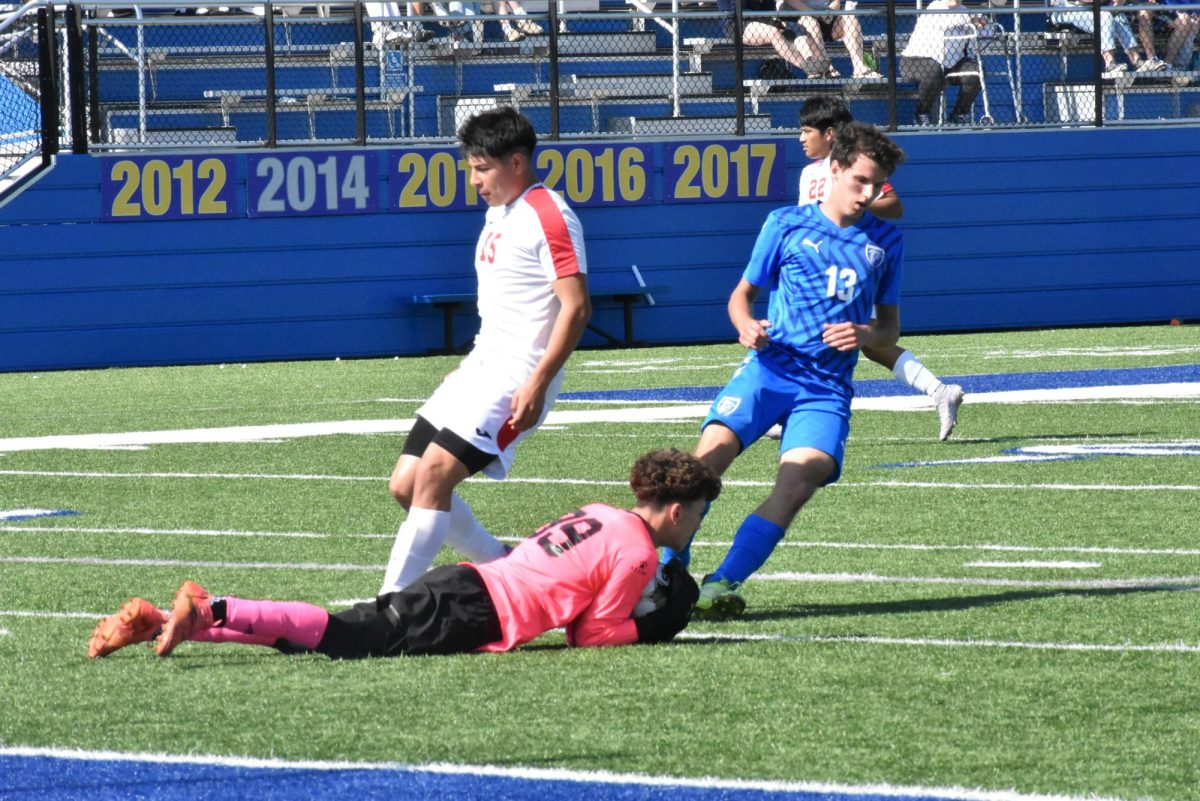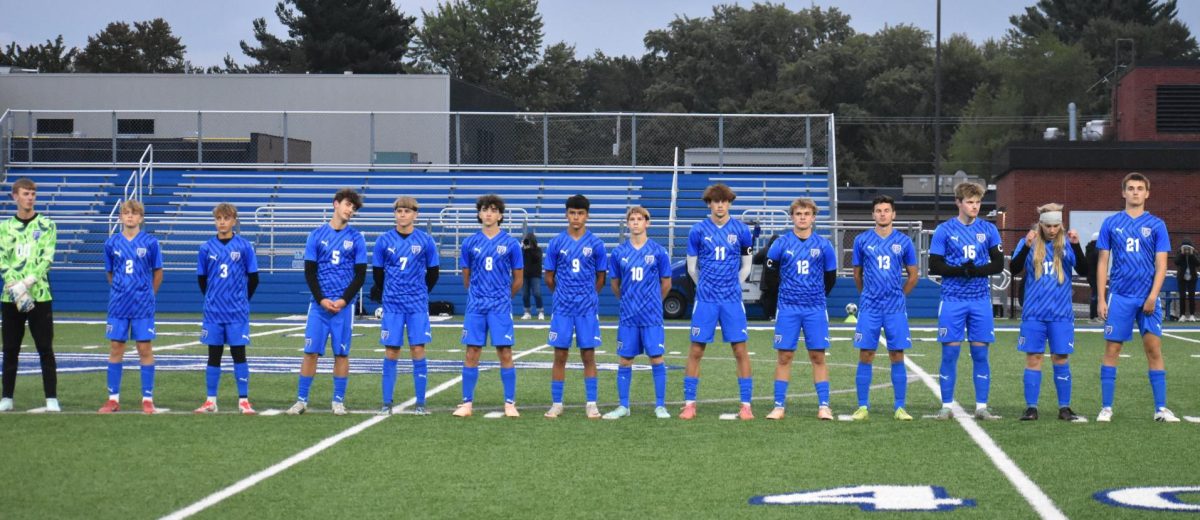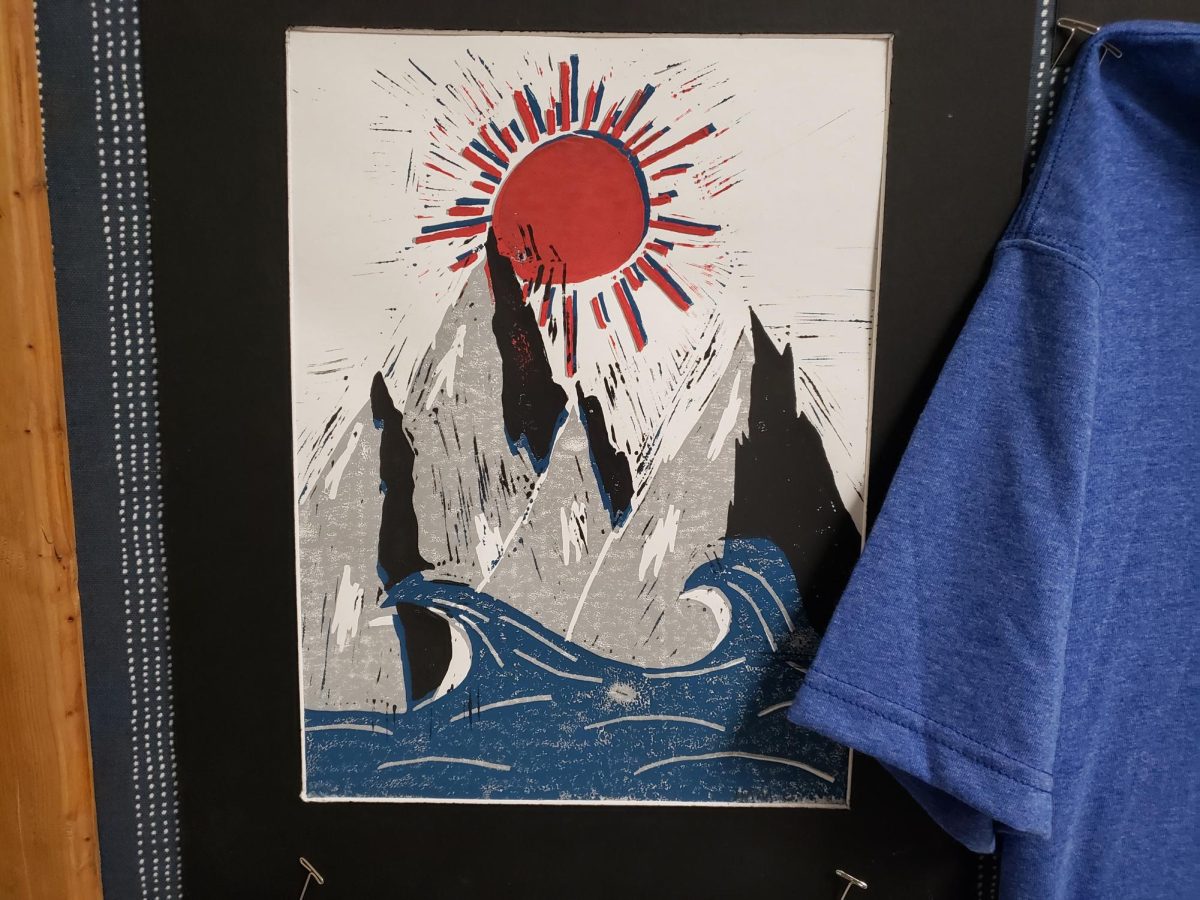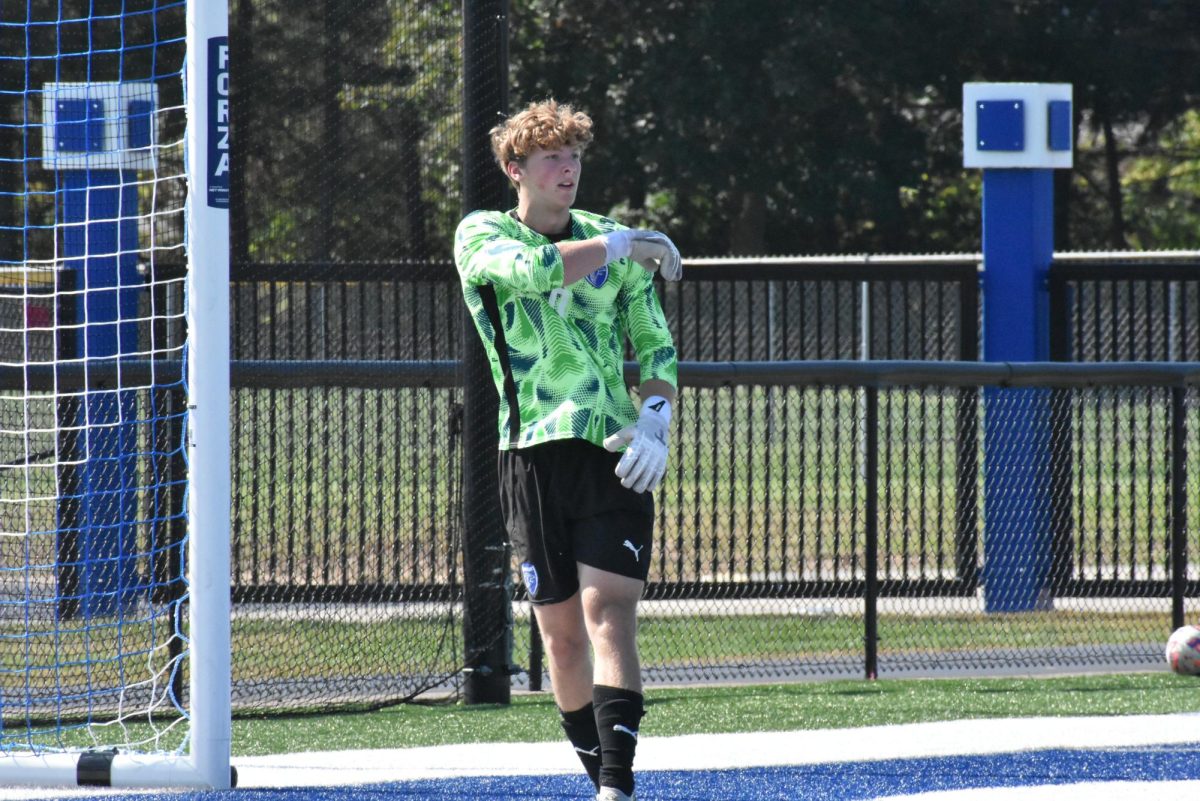School districts are increasingly turn to online learning at least when it comes to major storms, signaling an end to traditional snow days.
With winter being the season, schools are closing due to the cold and too much snow. Some schools to avoid not having school are switching to having virtual days during snow/cold days. This topic is controversial among teachers and students.
“Virtual school on snow days is good because then I don’t have to do homework or we don’t have to extend the school year because it counts as a school day,” said Senor Witthun.
On the other hand Jack said, “ I love school in person because I love talking to my friends that I like.”
More school districts in Wisconsin are now using virtual learning instead of traditional snow days. This change comes after the COVID-19 pandemic helped schools develop new online learning tools, especially as they run out of snow days for the year.
Liam Conner likes school to be online because most teachers don’t assign much work and he likes playing video games most of the day.
Wisconsin’s Department of Public Instruction sets some guidelines for schools each year. They need to offer a minimum of 437 instructional hours for kindergartners, 1,050 hours for students in grades one to six, and 1,137 hours for those in grades seven to twelve. Snow days don’t count towards these totals, and schools usually plan for a few snow days in their yearly schedules. In the past, if a school exceeds its snow day limit, they typically make up those hours by either extending the school year or adding extra minutes to daily classes.
Researchers found that districts offering full in-person learning experienced smaller average declines in grades compared to those that were completely virtual; specifically, people online dropped 13.4 percentage points in math and 8.3 percentage points less in ELA.
Most of the individuals at Amherst high school said that they liked online school because it’s easier and they have had to do less work. Joseph Rossi mentioned that he likes Virtual School because he can “wake up later” and he can “stay in the comfort of his own home.”




